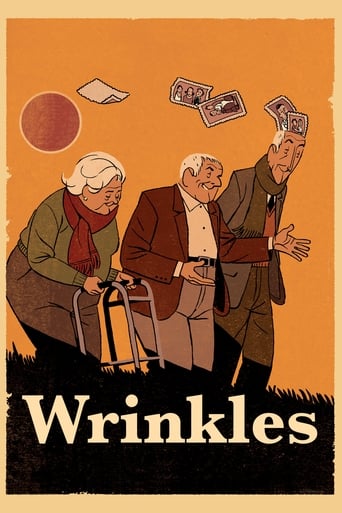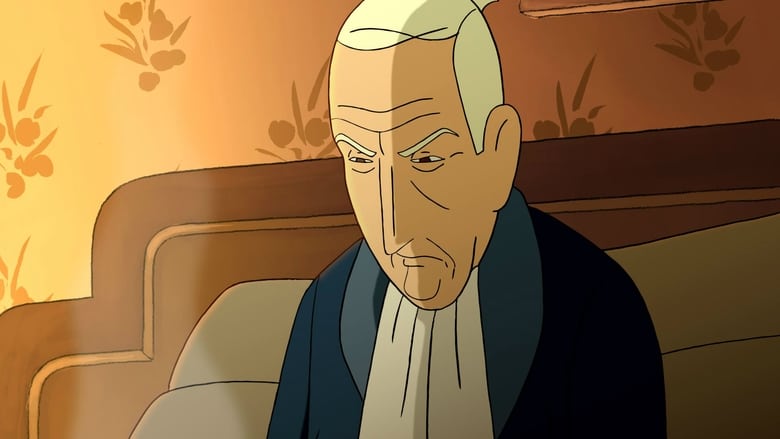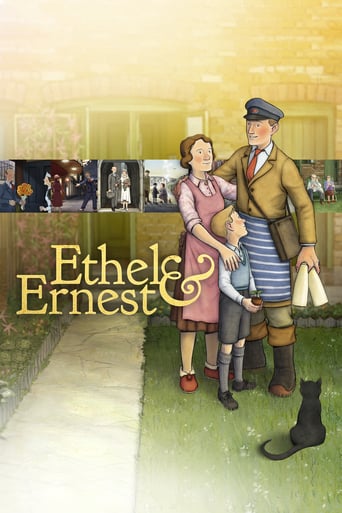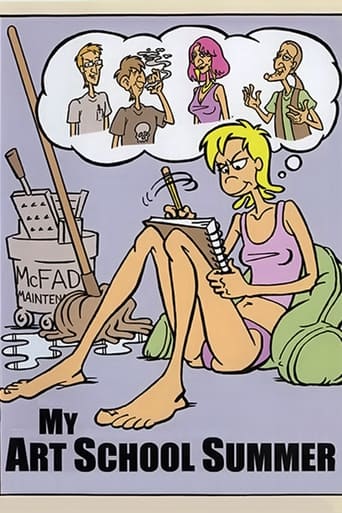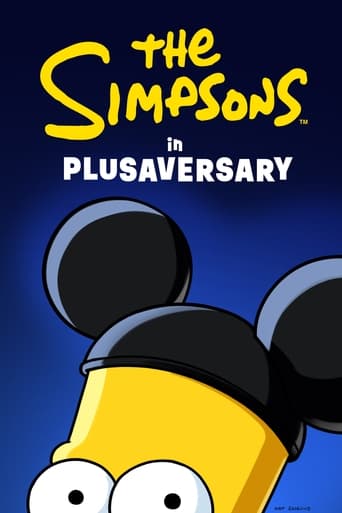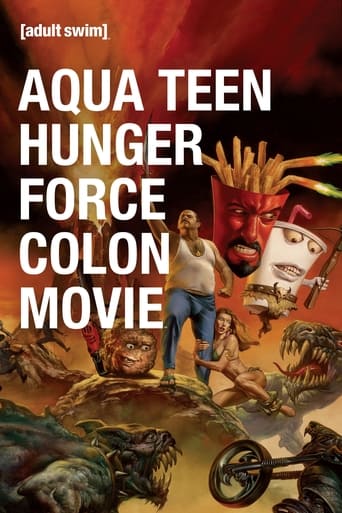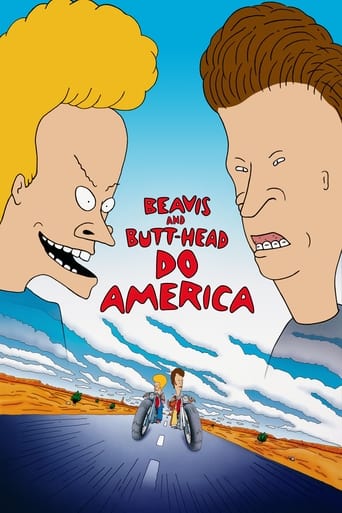Wrinkles (2011)
At an elder-care facility, a geriatric con artist tries to prevent his new friend with early Alzheimer's symptoms from being transferred to the 'lost causes' floor.
Watch Trailer
Cast


Similar titles
Reviews
Load of rubbish!!
Let's be realistic.
It's a mild crowd pleaser for people who are exhausted by blockbusters.
It’s fine. It's literally the definition of a fine movie. You’ve seen it before, you know every beat and outcome before the characters even do. Only question is how much escapism you’re looking for.
Wrinkles, directed by Ignacio Ferreras, was released on September 19, 2011, and appears to be set in this time period as well (the kids all bring their new high tech gifts when they visit their grandparents in the nursing home). Spain, a country that has traditionally had very strong family values, is transitioning into a society where children want to be more independent from their families. This has caused an increase in the amount of elderly people living in a nursing home as opposed to the houses of their children. As the film follows Emilio and his group of friends throughout their days in the nursing home, their emotions and attitudes towards life are revealed. This makes it easy to see that even as people grow older they still have feelings and desires for how they want to spend their time. As the viewer becomes attached to the people in the nursing home a message is sent that family is still a valuable concept, and even if taking care of older members is hard it is something that should be done. This story was adapted from a comic written by Paco Roca, so it was an animated movie with the drawing style being as similar to Paco Roca's as possible. This animation can either work in favor or against the message of the movie. The cartoons may attract more kids to watching it (although I would not say that it was a kid's movie), and therefore more kids will grow up with the idea that older people have feelings too, and should not be avoided just because they have health issues. This also puts the idea that they should help their parents as they age while the child is still young, so when they have to start taking care of them it is not a foreign concept. One issue with cartoons, however, is that some people have a harder time connecting with animated characters as opposed to those played by actual actors. This poses the problem that both teenagers and adults may not relate the characters in the movie with their own parents, and therefore not walk away with the same lesson as children do. Along with the main lesson of taking care of elderly family members, another important part of the story was watching the character development of Miguel. Throughout most of the movie Miguel was only concerned about his own happiness. He would often make comments about how not having family or friends was good because "they didn't do any good anyway". For example, whenever people would talk about their families he would bring up the fact that they had dumped their parents there anyways, or whenever Dolores feeds Modesto he talks about how she is wasting her time. Because of this fear of becoming close to people, Miguel typically cheats them out of their money by offering false favors, or he just does not build friendships at all. Something changes with Emilio, however, and Miguel does all he can to keep him from moving upstairs to the place he calls "the land of the lost souls", which is really just the assisted living portion of the retirement home. By the end of the movie, Emilio has been moved upstairs and instead of just forgetting about him Miguel moves up with him to be his caretaker. A montage of scenes also shows Miguel carrying out all of the favors he falsely offered other residents such as him buying a cell phone for the woman who just wants to call her family. This change in Miguel develops the main lesson of the story which is that the elderly are people too, and shows how people can change their habits no matter how old they are (proving that you can teach old dogs new tricks). As much as I enjoyed watching Wrinkles, I feel that it should come with a warning. Cartoons are typically happy, light-hearted movies, and Wrinkles was not that. Although the story is centered around a newly formed friendship between Emilio and Miguel, the harsh reality of growing older is not ignored. Memory loss, lack of mobility, family abandonment, and death are all aspects of aging that are highlighted in this movie making some scenes incredibly hard to watch. For example, one sad scene is when Dolores takes care of Modesto. Dolores, who is still able to live on her own, decided to move into the nursing home with Modesto in order to take care of him (she also eventually moves into the assisted living side with him which has far less socializing options). Modesto suffers from Alzheimer's and very rarely shows that he even remembers or appreciates Dolores. This scene shows how hard it can be to take care of elderly members of society. It also shows how as people get older and older, they also become more and more dependent on others to survive. As upsetting as this movie was, I would recommend it to anyone. There may be many sad scenes, but I also think that these serve as valuable lessons to younger generations. Along with scenes depicting the aging process, there are also scenes that show how friendships can develop at any age, and that no matter how old someone gets they still have feelings and opinions too. These concepts send an important lesson to the young people of today that even though taking care of elderly family members is hard, it is something that should be done because they will be grateful (and reminds kids, that they too, will age).
NOTE: This is a review of the English-dubbed version of Wrinkles, featuring voice actors Martin Sheen and Matthew Modine."Poignant" is the word many are using to describe Wrinkles, and that word carries a great deal of weight here, since many of us will likely face a similar reality to the characters in this particular film. Getting older, coping with age, and facing life-threatening/altering ailments isn't something we generally like to talk about, which is why Wrinkles presents it to us through beautifully simplistic, 2D animation created through use of an animation cell. The film's brightly colored visuals and clean-cut presentation make us look at age not through a softened lens, but one that allows us not to get blinded through our tears to actually focus on the bigger picture.Our main character is Emilio (voiced by Martin Sheen), a once thriving banker who has now been placed in a nursing home by his family when he becomes slower than he used to be. Emilio also seems to be in the early stages of Alzheimer's, and reluctantly goes along with his family's plan to keep him in a care facility until further notice. Not long after arriving, Emilio meets Miguel (Matthew Modine), his roommate and the home's two-bit slickster, constantly taking money from the older, senile residents and remaining loyal to his individual self since he never had a wife or any real family. Miguel takes a liking to Emilio and his former banker ways, even going as far as referring to him as "Rockefeller," and showing him the ropes of the facility.Miguel introduces Emilio to all the residents of the home, including Antonia, an elderly woman who collects the tea, cream, sugar, and cracker packets liberally given out at lunch and dinnertime (surely you have grandparents like this), Felix, a former radio-broadcaster who now simply parrots what others around him say, the long-suffering Dolores, who resides at the home solely to care for her husband in his advanced stages of Alzheimer's, and a woman who sits by a window all day long, believing she's riding the Orient Express.Miguel explains to Emilio how these places cater to potential clients and family members more than they do the actual elderly clients they're responsible for. This idea comes up when Emilio takes note of a beautiful, but untouched, swimming pool in the nursing home's lobby, where Miguel states it's there simply to look nice for family members who believe their relatives are being cared for and catered to at this place. His ideas almost mirror that of Philip Seymour Hoffman's character in The Savages, only expressed with much less hostility. Where Hoffman asserted these meticulously trimmed hedges, pervasively waxed floors, and neatly tidied and organized rooms were mere distractions of the fact that nursing homes are where people age, get sick, and die, Miguel seems to accept the hierarchy as a cruel rite of passage that cannot be overturned.Wrinkles, however, doesn't spend too long criticizing the nursing home system. It spends more time exploring the characters at hand. Its simplistic, but pleasantly unique, 2D animation prevents things like spectacles from taking over, and instead, shows facial expressions and character/facial features. This emphasis makes the film a film of refined detail, and the fact that it's situated on characters instead of constantly conjuring up events makes this a very mannered exercise in age.Most of Wrinkles is Emilio and Miguel roaming the nursing home, talking, Emilio's condition gradually worsening, and interactions with other inmates. A lesser film would've evoked some kind of incredulous plot to have the two geezers try and score a piece of tail from one of the nurses (thankfully, time spent doing that is instead traded for harmless observing). Rarely are animated films this loose and fluid; most are rooted in momentary gratification, constantly looking for ways for their characters to exploit every ounce of energy they've come equipped with. Wrinkles contributes to the animation for adults genre, a genre which greatly lacks a lot of attention and a lot of good, known options. It's a thoroughly tender film as heartwarming as its characters can be, and a look inside the realities of aging without the sugarcoating or the half-handed depictions. It's further proof that sometimes one of the softest presentations in film can back the hardest, most impacting punch (see My Dog Tulip for further confirmation).Voiced by: Martin Sheen and Matthew Modine. Directed by: Ignacio Ferreras.
A Spanish animated drama telling the story of Emilio, a retired bank manager who is developing early signs of Alzheimer. His son makes the difficult decision to put him in a care home, much to his father's disappointment. There, he slowly strikes up a friendship with his roommate Miguel who has all his marbles and spends his time making money out of his confused neighbours. The two find ways of relieving the boredom of the home but Emilio is seemingly fighting a losing battle as his memory begins to fade.I thought this was an interesting little drama with a balanced mix of pathos and humour. For someone who works with older people, often in a care capacity, much of this rang true with me, particularly the boredom and loneliness that many experience when they move into a home. It never threatens to be anything truly groundbreaking and the animation is pretty basic but nonetheless it is a worthy film with some lovely scenes and will strike a chord with anyone who has had to deal with this terrible disease.
This animated picture is not aimed at children. And while you might have heard this before, especially concerning animated movies from Asia, this is a whole different deal. This involves matters and issues that concern the elderly. That does not mean, it is only for the elderly. Hopefully many people will watch it, but it would be a shame if you went to watch this movie expecting something else.After this sort of foreword, I hope you know what you are letting yourself into. The movie itself is a tough watch, but it still has its funny moments nevertheless. The graphics might not appeal to everybody, same goes for the ethics and the way the movie ends. But you can't satisfy everybody ...

